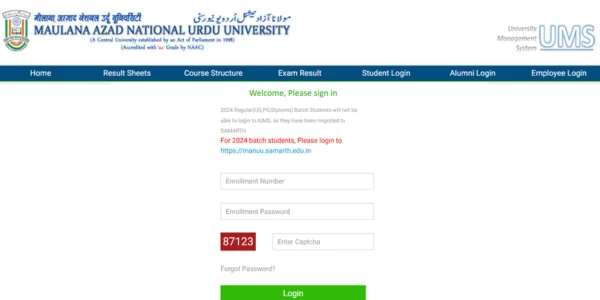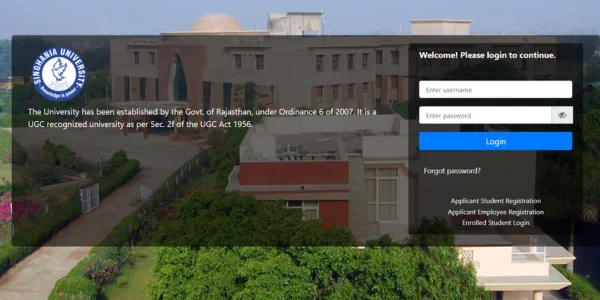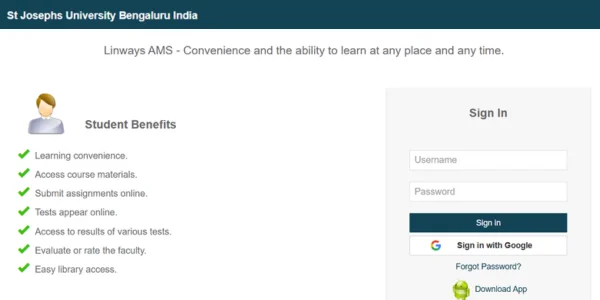CMS course full form is Community Medical Services. It is often paired with ED, standing for Essential Drugs, forming the combined course CMS & ED. This is a diploma program designed to train individuals in providing primary healthcare services using essential allopathic medicines, particularly in rural and underserved areas. The course aims to equip practitioners with the knowledge and skills necessary to offer basic medical care where access to healthcare facilities is limited.
Course Overview
The Community Medical Services & Essential Drugs (CMS & ED) diploma typically spans 18 months, which includes theoretical instruction and practical training. The curriculum covers a range of subjects essential for primary healthcare delivery:
- Anatomy and Physiology: Understanding the structure and function of the human body.
- Pathology: Study of diseases, their causes, and effects.
- Preventive and Social Medicine (PSM): Focus on community health and preventive measures.
- Pharmacology: Knowledge of essential drugs recommended by the World Health Organization (WHO) for primary healthcare.
- Practice of Medicine: Clinical skills for diagnosing and managing common ailments.
The program emphasizes practical skills, preparing graduates to manage common health issues and administer essential medications in community settings.
Eligibility Criteria
The eligibility requirements for the CMS & ED course may vary among institutions. Generally, candidates should have:
- Educational Qualification: Completion of 10th or 12th grade from a recognized board.
- Work Experience: For 10th-grade pass-outs, two years of relevant work experience is typically required, while 12th-grade graduates may need one year of experience in the medical field.
Some institutions may have additional criteria or entrance examinations for admission.
Career Opportunities and Scope
Graduates of the CMS & ED program are equipped to serve as primary healthcare providers in rural and underserved areas. Potential career paths include:
- Community Health Worker: Providing basic medical care and health education within communities.
- Medical Assistant: Assisting healthcare professionals in clinical settings.
- Rural Medical Practitioner: Operating primary health centers in rural regions.
This diploma enables individuals to offer essential medical services, thereby improving healthcare accessibility in areas lacking adequate medical infrastructure.
Conclusion
The Community Medical Services & Essential Drugs (CMS & ED) diploma is a vital program aimed at bridging the healthcare gap in rural and underserved communities. By training individuals in primary healthcare delivery and the use of essential allopathic medicines, the course plays a crucial role in enhancing public health outcomes and ensuring that basic medical services reach those who need them most.




